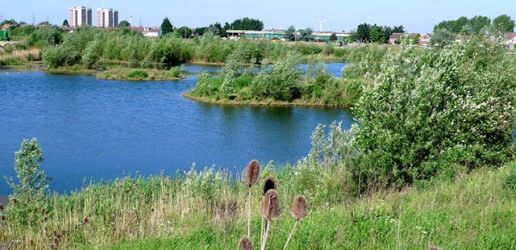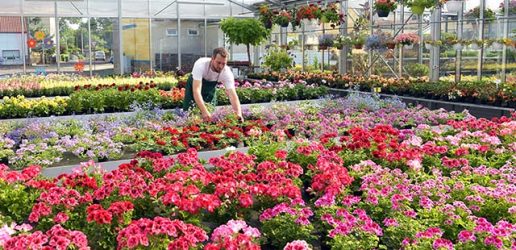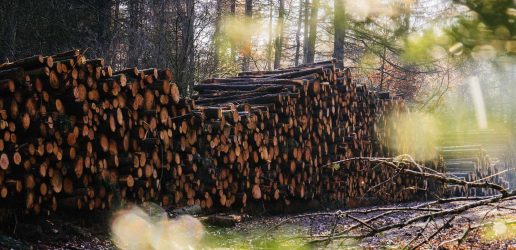Science provides evidence and evidence informs policy. But how exactly does the relationship work? One of Forest Research’s own scientists decided to find out and discovered three key lessons for scientists that can help improve their impact on policy.
Spatial scientist Chloe Bellamy had the rare opportunity to spend two days at Holyrood last December shadowing Roseanna Cunningham, Cabinet Secretary for Environment, Climate Change and Land Reform. Chloe’s goal was to get a better understanding of the day-to-day work of a policymaker and to gain an insight into how scientific information is considered during the policy making process.
With access to all but the most sensitive of meetings, Chloe joined the Cabinet Secretary for a wide range of appointments, from consultations on the new Climate Change Plan, to prioritising resources across the breadth of policy issues falling within the Cabinet Secretary’s portfolio.
So, what did Chloe learn from this experience? She explains:
“I learnt so much. For example, it really highlighted to me the mismatch in science and policy timetables and the importance of being ready to respond quickly to policymakers’ calls for evidence with clear summaries of research findings. I came away with three key lessons on how scientists can improve their impact on policy:
- Summarise findings for policy. As well as aiming to publish peer-reviewed papers, make it common practice to summarise your findings as easily digested bullet points throughout the course of a project, and as a ministerial brief at the end of a project. You can find some useful tips here.
- Get clued up and join in. Parliamentary matters are much more transparent and documented than I had previously realised. Anyone can get a pass to watch Ministers’ Questions at Holyrood (or Westminster) or find transcripts and footage of them on the internet. Also, look into joining science-policy networks, such as ESCom Scotland or the BES Scottish Policy Group.
- Don’t be intimidated. Holyrood was a much more formal environment than I’m used to. However, to engage with policymakers about your science confidently, it is important to feel calm and comfortable, so take opportunities to mix with them whenever possible.”
Chloe gained this opportunity by applying for the Parliamentary shadowing scheme run by the British Ecological Society on an annual basis.
Recent News
View All news
New land regeneration resources for creating green spaces on previously used land now available
The new resources bring together the latest learnings on land regeneration and climate change, and optimal soil thickness for planting on previously used land.

New national survey launched to strengthen plant pest and disease detection across UK horticulture
UK horticulture and landscaping businesses invited to take part in survey to strengthen non-native plant pest and disease detection and reporting.
Forestry and timber businesses across the UK are being asked to take part in an annual survey programme to collect data about the UK timber industry.

New land regeneration resources for creating green spaces on previously used land now available
The new resources bring together the latest learnings on land regeneration and climate change, and optimal soil thickness for planting on previously used land.

New national survey launched to strengthen plant pest and disease detection across UK horticulture
UK horticulture and landscaping businesses invited to take part in survey to strengthen non-native plant pest and disease detection and reporting.
Forestry and timber businesses across the UK are being asked to take part in an annual survey programme to collect data about the UK timber industry.

